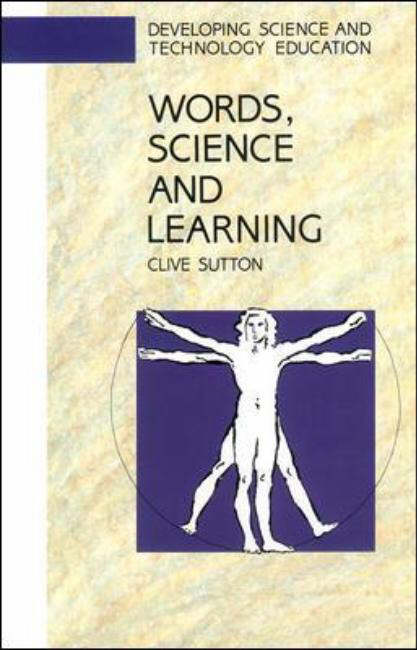- View more resources from this publisherOpen University Press
Words, science and learning

Despite the power of words to move minds, appreciating the written or spoken word is rarely thought to be the essence of teaching and learning science and much more effort goes into organizing practical work.
There is an exaggerated confidence in the value of the direct experience of things as opposed to "mere words", and a corresponding neglect of how words are actually involved in developing anyone's scientific understanding.
Clive Sutton does not wish to deny the value of first hand scientific understanding, and shows that they cannot just be taken for granted while we busy ourselves in the organization of practical work. He explores the role of language in the growth of science itself, in the growth of learners' ideas, and in classroom practice; and how these relate, for instance, to some pupils' alienation from science and the isolation of science in the curriculum.
Show health and safety information
Please be aware that resources have been published on the website in the form that they were originally supplied. This means that procedures reflect general practice and standards applicable at the time resources were produced and cannot be assumed to be acceptable today. Website users are fully responsible for ensuring that any activity, including practical work, which they carry out is in accordance with current regulations related to health and safety and that an appropriate risk assessment has been carried out.





